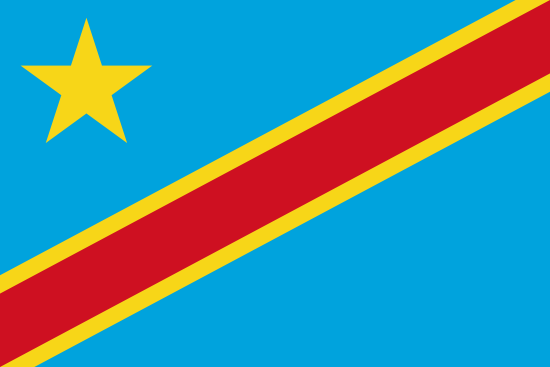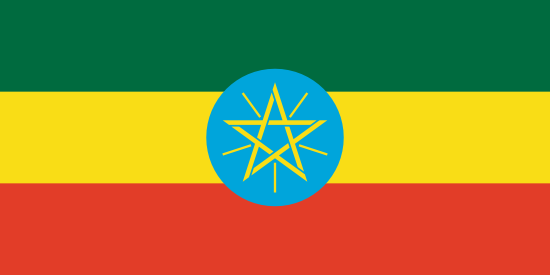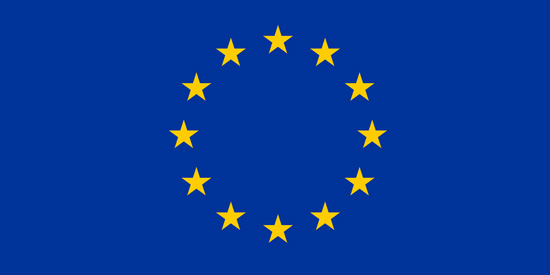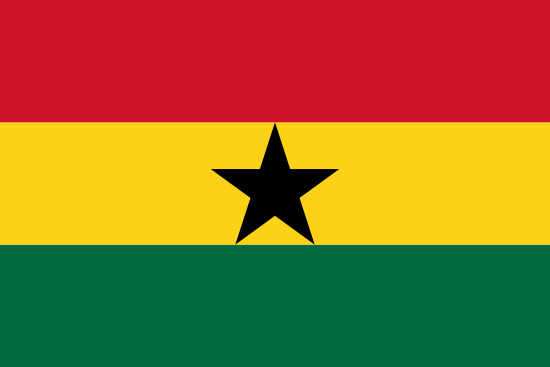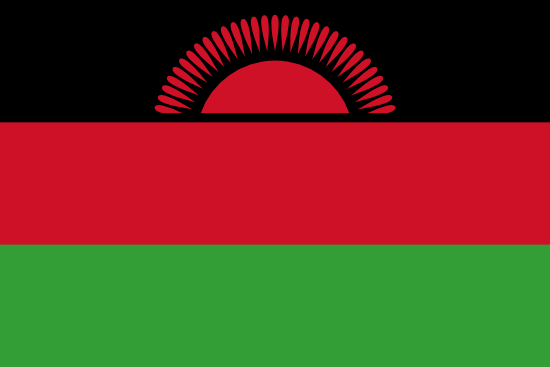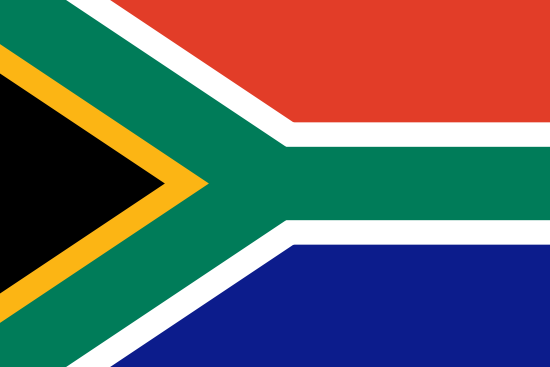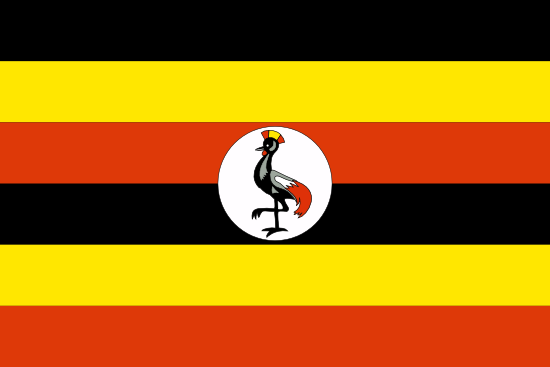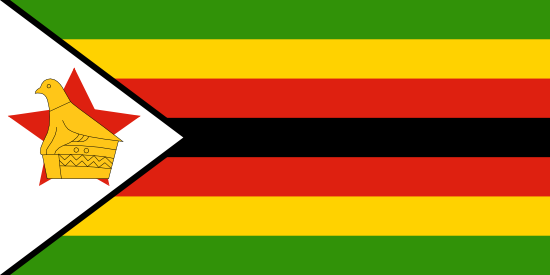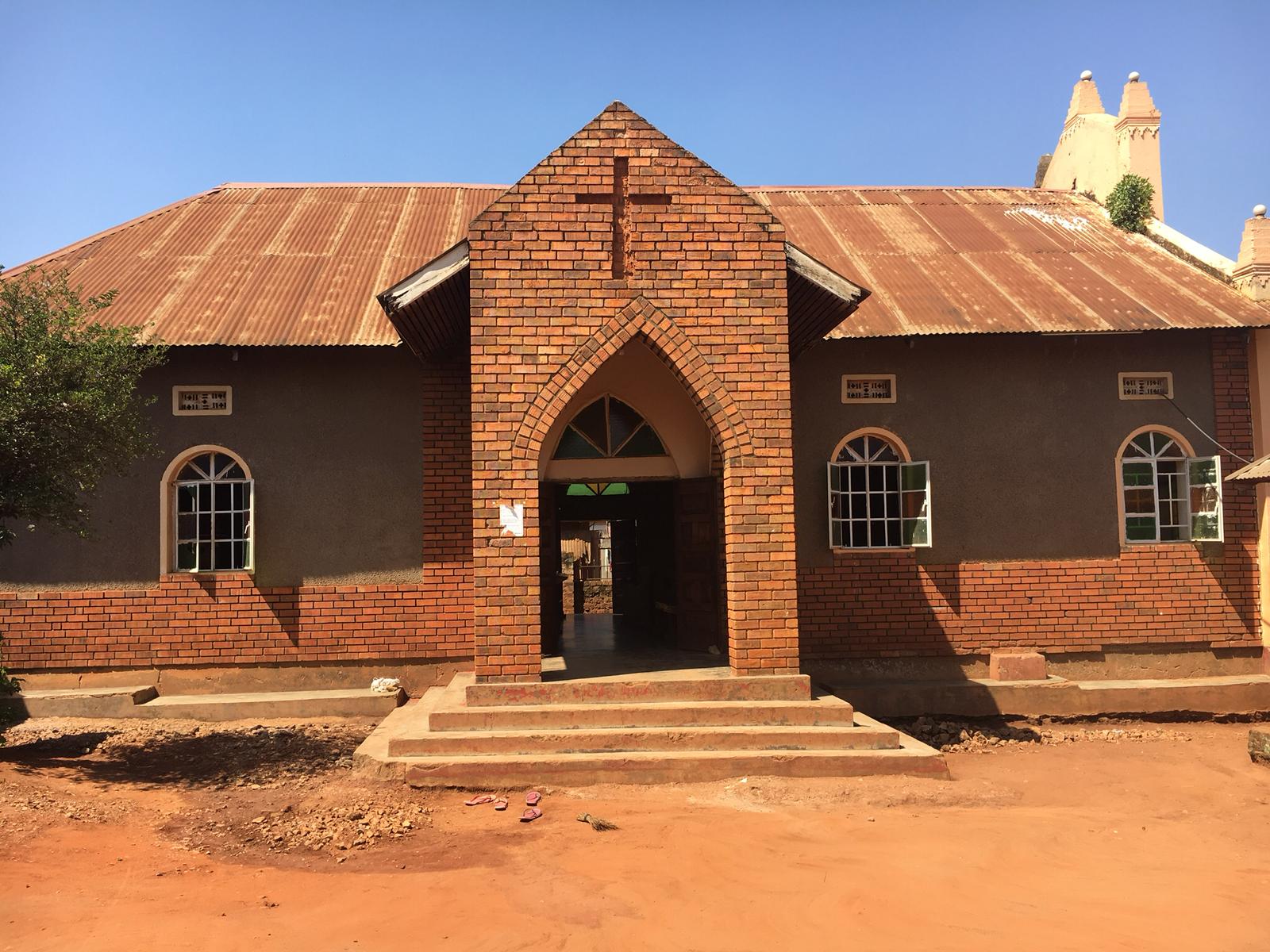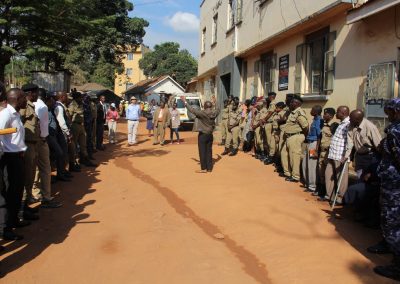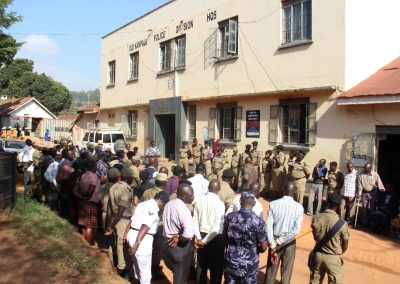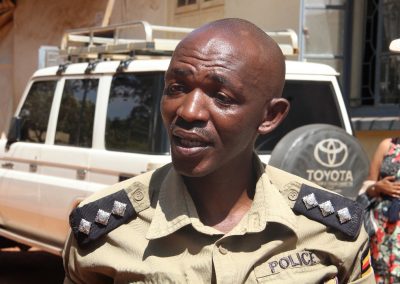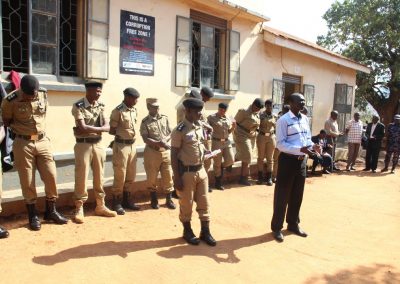COVID-19 pandemic has affected majority of countries in Africa. Confirmed cases of COVID-19 in Africa were 189,559 as of 8 June up from 51,000 a month ago. The numbers are growing fast. A new report by the Partnership for Evidence Based Response to COVID-19 (PERC) revealed some worrying findings about the impact of coronavirus on the lives of many Africans. Half of respondents to the survey, conducted in 28 African cities, said they would run out of money if they had to stay home for 14 days. The lowest-income households expected to run out of food and money in less than a week. African Enterprise is privileged to being in the forefront in responding to this global crisis. With the help from our supporters, African Enterprise is implementing COVID-19 programs in 11 African countries through five key areas of intervention:
- Distribution and selling of face masks made by AE tailoring projects in South Africa, Malawi and Kenya. The masks are being made by ladies who are trainees in those projects. This gives the trainees an opportunity to earn their livelihood during this crisis when jobs and incomes have been severely affected. Zimbabwe and Zambia are beginning to venture into making and distribution of face masks.
- Food distribution is happening currently in South Africa and Rwanda while Zimbabwe, Malawi, Uganda, Kenya and Ethiopia are now setting the ground for the same exercise. With food shortages as a result of loss of livelihoods, this response is bridging the gap and transforming many households.
- Media engagement – Use of radio and TV broadcasts in educating communities on COVID-19 and bringing a message of hope is currently taking place in DRC, South Africa, Uganda, Malawi and Rwanda. Teams are seizing opportunities of media presence and leveraging on those opportunities to provide the much sought after education to masses through the conventional media in addition to social media.
- Hygiene and Sanitation – Kenya has engaged in training on sanitation in informal settlements within Nairobi. DRC, Ghana, Uganda, Malawi and Tanzania are all set to kick off training of communities in hygiene and sanitation related topics as well as distribution of protective and sanitation products to aid in putting into practice what they learn.
- Medical services – AE is involved in first line response through her existing medical healthcare facilities in Kenya and Uganda.
In addition to the five intervention areas, teams are encouraged to embrace the following for maximum impact:
- Local partnerships: While the teams have received funding from AE supporters through the support offices, they are encouraged to seek local partnerships and local fund raising for continuity of the work. South Africa, Rwanda and Kenya are good examples that this achievable.
- Trauma Counseling: AE has invested in training majority of Team Leaders, mission and social action directors in trauma counseling. They are seeking to optimize on these skills during this season to reach out to many people who are traumatized by the pandemic in one way or another.
- Beneficiaries: With increasing needs coupled with limited resources, African Enterprise sticks to the rule of targeting and prioritizing the most vulnerable in her responses.
Written by AE Social Action Director, Janet Mwendwa
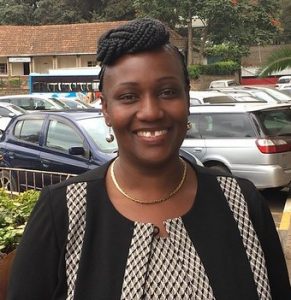
Our global future is nothing like our past. The world is reeling as it wrestles to contain the novel coronavirus pandemic and the economic devastation that lies in its wake. What does this struggle look like for the continent with the world’s highest population growth rate, home to twenty percent of humanity? How will COVID-19 affect the continent where more than half of the world’s extreme poor reside?
Although every nation in Africa now has confirmed cases of the novel coronavirus, it is difficult to assess the current extent of COVID-19 across the continent. 44 African nations are currently able to conduct COVID-19 testing, whereas in February, only two were equipped to do so. However, testing rates are still grossly inadequate in many African nations and, in countries like Nigeria and Somalia, a surge in deaths has been noted despite only a small number of confirmed cases. In Tanzania, the national government is no longer releasing case data, despite the fact that the US Embassy has described a dire situation in which hospitals are overwhelmed and the risk of infection “extremely high”.
Prior to the onset of COVID-19, health systems in Africa were already struggling in the face of inadequate resources. In addition to a heavy burden of diseases such as HIV, TB and malaria, Sub-Saharan Africa has the world’s highest maternal and child mortality rates. Tragically, on account of overwhelmed health systems, the current crisis is likely to lead to a dramatic increase in all-cause mortality. There is some hope that Africa, with its median age of 19.7 years, might escape the COVID-19 death toll seen mostly amongst the elderly in other regions. However, underlying illnesses may predispose many in Africa to more severe COVID disease.
The African region is particularly vulnerable to political instability during this pandemic. Nations that were due for elections during 2020, are now faced with the potential for prolonged tenures or flawed ballots. Governments face mounting pressure from desperate and impoverished citizens. At least 40 African nations have implemented restrictions on movement, and for 20 of these nations, the timespan of these restrictions remains undefined. Slum-dwellers who live in crowded shacks without basic amenities, who derive their income from informal employment, are finding it difficult to heed these restrictions, and there have been reports of human rights violations by the authorities charged to enforce them.
In Africa, where over 400 million people live on less than US $1.90 per day, the economic effects of COVID-19 will be vastly different to those seen in wealthier nations. The United Nations’ World Food Programme has predicted that the number of people worldwide suffering from “acute hunger” may double this year. Most of those people live in Africa.
Worldwide, there is a cry for effective short-term aid to assist Africa during this crisis. A substantial aid injection is not only a moral imperative, but also serves the best interests of our global community. Although the vast sums of money required, will require substantial multilateral and bilateral funding, not-for–profit and faith-based organisations do play a unique role in Africa. These organisations are distinctive in terms of their involvement on grassroots level within communities, and they afford individuals like us the opportunity to contribute to global causes.
Might it be possible that our individualistic worldviews are being challenged by this pandemic that has affected us all? Perhaps, it may revive our sense of shared humanity, and the resolve to offer our unique contributions to a world in need. In the words of Rebecca Solnit,
“the proximity of death in shared calamity makes many people more urgently alive, less attached to the small things in life and more committed to the big ones…”
For those of us who have laid claim to faith, there is no greater cause for which we could live, than the love of Christ, outworked in our love for humanity.



